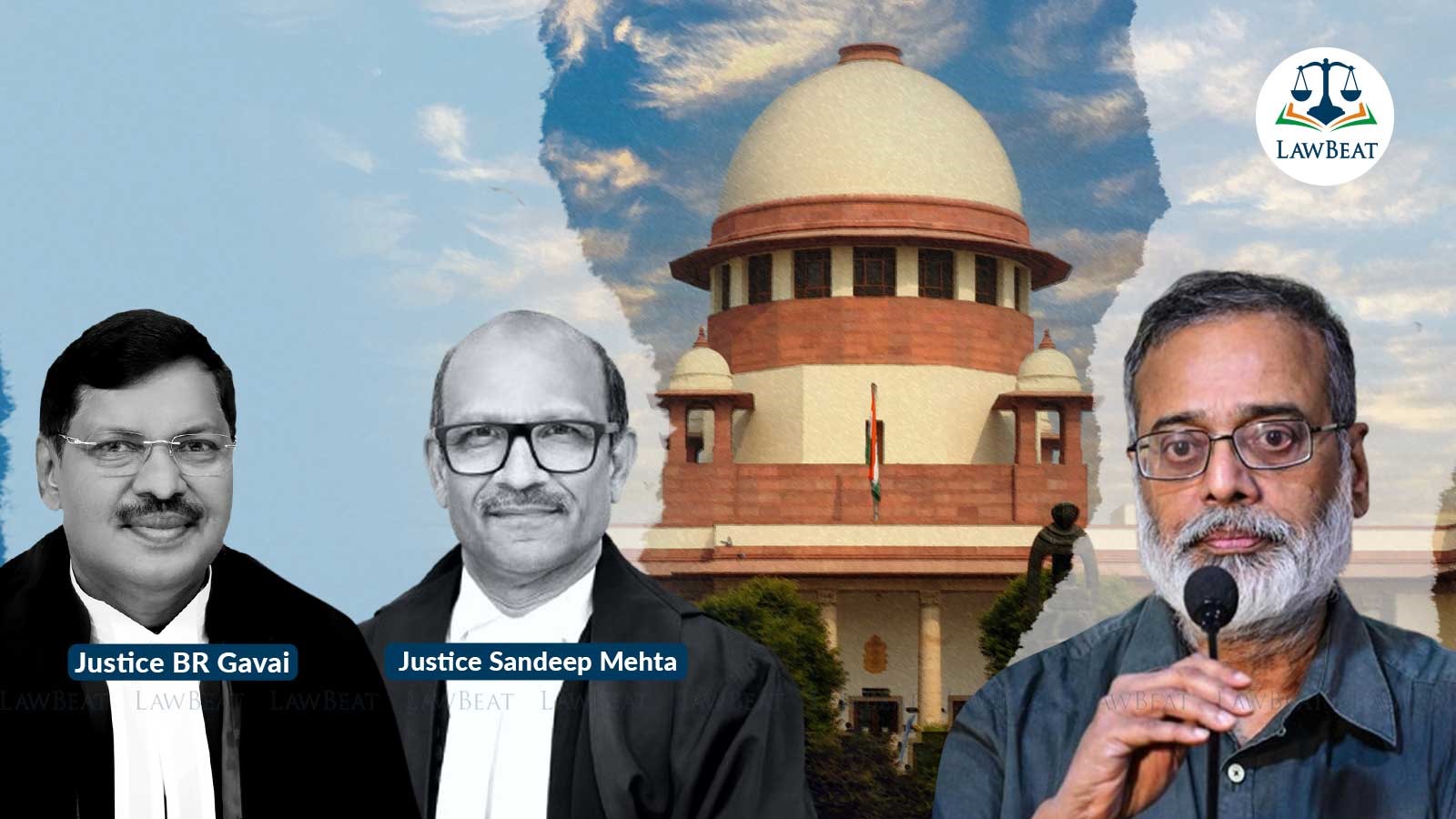What is the difference between ‘reasons for arrest’ and ‘grounds of arrest’? Supreme Court explains

Broadly speaking, top court has said the ‘grounds of arrest’ would invariably be personal to the accused and cannot be equated with the ‘reasons of arrest’ which are general in nature
The Supreme Court has said there is a significant difference in the phrase ‘reasons for arrest’ and ‘grounds of arrest’.
A bench of Justices BR Gavai and Sandeep Mehta has said that the ‘reasons for arrest’ as indicated in the arrest memo are purely formal parameters, viz.,
- to prevent the accused person from committing any further offence; for proper investigation of the offence;
- to prevent the accused person from causing the evidence of the offence to disappear or tempering with such evidence in any manner;
- to prevent the arrested person for making inducement, threat or promise to any person acquainted with the facts of the case so as to dissuade him from disclosing such facts to the Court or to the Investigating Officer.
It has been further said that these reasons would commonly apply to any person arrested on charge of a crime whereas the ‘grounds of arrest’ would be required to contain all such details in hand of the Investigating Officer which necessitated the arrest of the accused.
"Simultaneously, the grounds of arrest informed in writing must convey to the arrested accused all basic facts on which he was being arrested so as to provide him an opportunity of defending himself against custodial remand and to seek bail. Thus, the ‘grounds of arrest’ would invariably be personal to the accused and cannot be equated with the ‘reasons of arrest’ which are general in nature.", the top court has said.
These clarifications have been made by the top court in its judgment holding the arrest and remand of NewsClick founder Prabir Purkayastha in a UAPA case to be invalid.
Top Court has noted that Purkayastha's arrest was done in a clandestine manner being a blatant attempt to circumvent the due process of law; to confine the accused to police custody without informing him the grounds on which he has been arrested.
While reserving its judgment in Purkayastha's plea challenging his arrest, Supreme Court had earlier questioned the Delhi Police Special Cell's conduct of arresting him in 'hot haste'. "Why didn’t you inform his lawyer in advance? You arrested him the previous day in the evening and you produce him at 6 am...you could’ve produced him at 10 am. Principles of natural justice are to be followed...", asked a division bench.
Purkaysatha had approached the top court challenging the Delhi High Court's dismissal of his plea against arrests made in a UAPA case. A single judge bench of Justice Tushar Rao Gedela of the Delhi High Court on Friday, October 13, 2023 had "dismissed" the pleas filed challenging the arrest of Purkayastha and Chakraborty.
Case Title: Prabir Purkayastha vs. State of NCT Delhi
